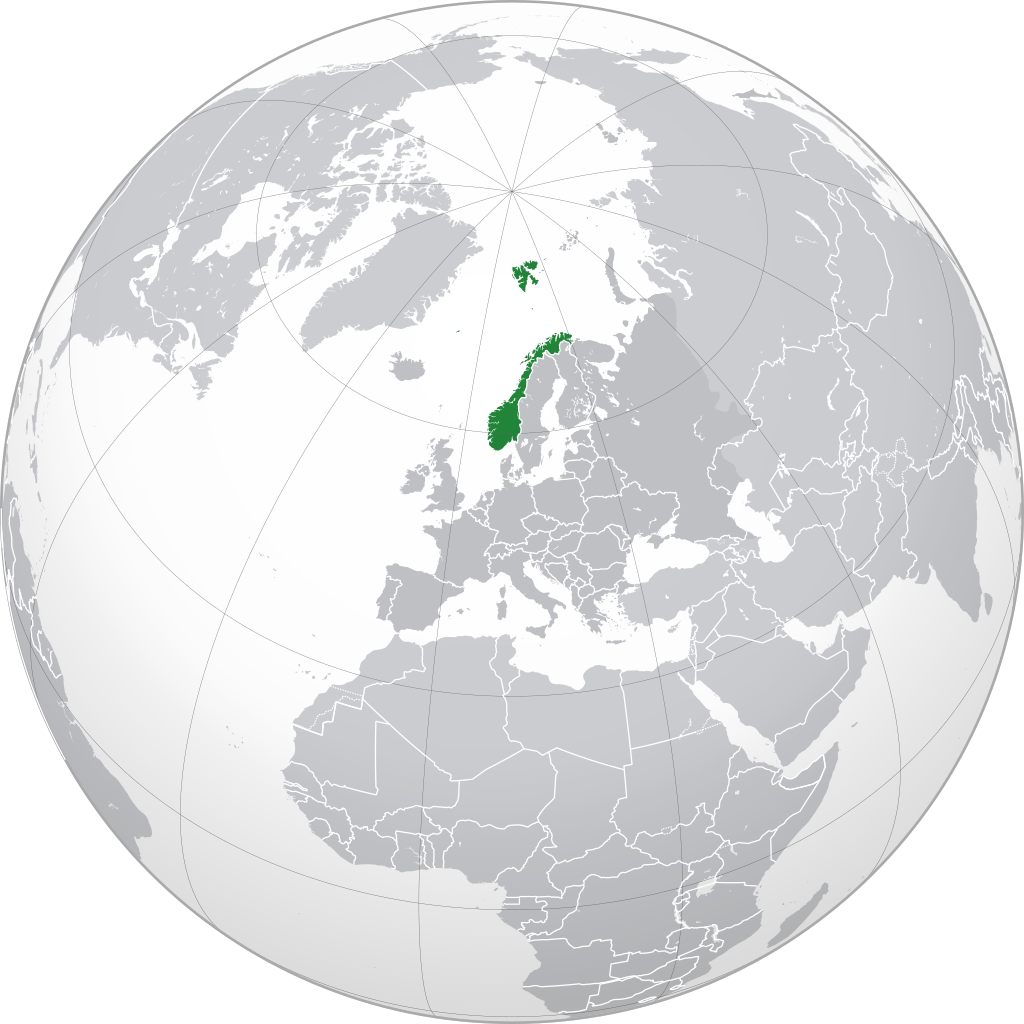
- Population:
- 5,577,000
- Religion:
- Christianity
Norway was historically part of Denmark and later a union with Sweden before gaining full independence in 1905. It has since developed into one of the world’s wealthiest nations, benefiting from natural resources, particularly oil. Norway is known for its strong welfare state and commitment to environmental conservation.
Norway, officially the Kingdom of Norway, is a Nordic country in Northern Europe, occupying the western portion of the Scandinavian Peninsula. It shares land borders with Sweden to the east, and Finland and Russia to the northeast, while having an extensive coastline along the North Atlantic Ocean to the west. Covering an area of approximately 385,207 square kilometers, Norway has a population of about 5.4 million people as of 2023. The capital and largest city is Oslo. The official languages are Norwegian and Sami. Norway operates as a unitary parliamentary constitutional monarchy. The economy is a mixed system with a combination of free market activity and significant government ownership in key sectors, including petroleum, hydroelectric energy, and fisheries. Norway is known for its stunning natural landscapes, including fjords, mountains, and coastal islands, as well as a high standard of living and comprehensive welfare system. The country is a member of international organizations such as the United Nations, the European Free Trade Association, and the Schengen Agreement, but notably not a member of the European Union.






